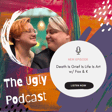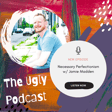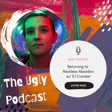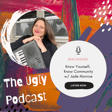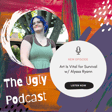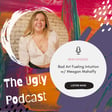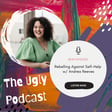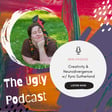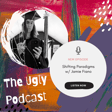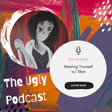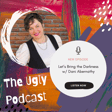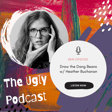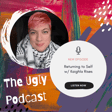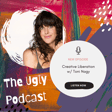
Four Pillars of Successful Completion w/ Cami Ostman
This week I’m joined by Cami Ostman, the founder of The Narrative Project. She’s written for Adventures Northwest and the Psychology Today blogger series as well as her own blog: 7marathons7continents.com. Cami has been profiled in O Magazine, Fitness Magazine, The Atlantic, and the Washington Post. Cami believes words are powerful and that we CREATE our identities with words—as we write, we become! We chat about Cami’s original creative wound, how she came to write her memoir, Second Wind: One Woman’s Midlife Quest to Run Seven Marathons on Seven Continents, and her four pillars of successful completion—the ingredients necessary to finish writing your book (or tackling any big challenge in life!).
Cami runs The Narrative Project, which offers programs and resources for writers to get their books done. Cami’s nine-month program provides the four pillars we talk about in this episode so that you can finish your story. At The Narrative Project, they believe that writers are the change agents and movement makers in the world, and that everyone deserves to share their story. If you’d like to get involved with them, go to thenarrativeproject.net and sign up for their free monthly Mastermind Your Book meeting, complete their Inner Critic quiz, or apply to the nine-month program!
References:
Big Magic by Elizabeth Gilbert


